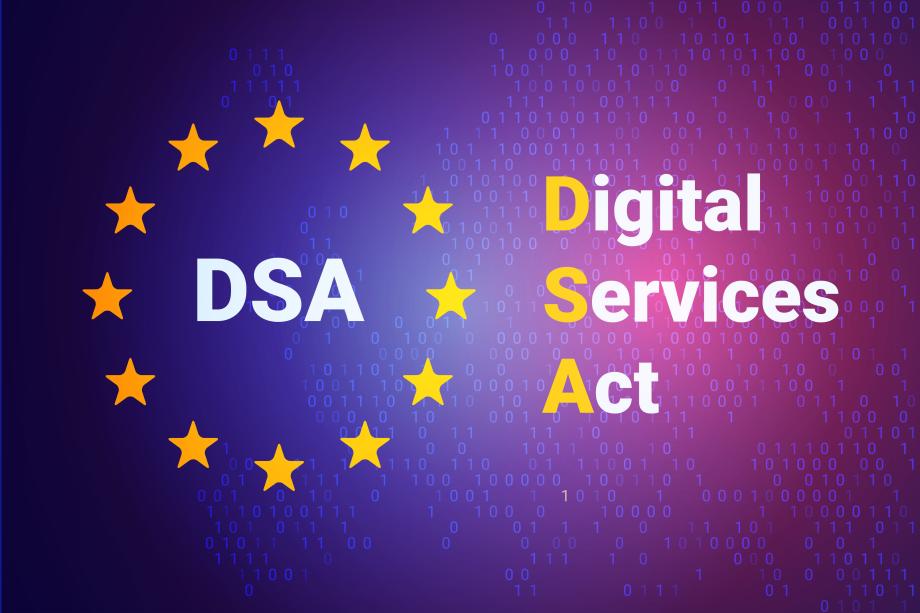Feedback on Consultation on Delegated Regulation Templates for Intermediary Services Reporting

GLOBSEC is pleased to contribute to the ongoing consultation process initiated by the European Commission regarding the delegated regulation aimed at ensuring an adequate level of transparency and accountability in the realm of intermediary services. This consultation addresses the need to establish standardized templates, specifying the form, content, and other essential details for reports mandated by Articles 15(1), 24(1), and 42(2) of Regulation (EU) 2022/2065 (DSA). Our objective in providing feedback on these templates is to enhance the comprehensiveness and comparability of reporting, aligning with the overarching goal of fostering transparency within the intermediary services sector.
Positive Elements in the Implementing Legislation:
The implementing legislation introduces several positive elements aimed at enhancing the transparency and accountability of intermediary services:
- Machine Readability: By requiring providers of intermediary services, hosting services, online platforms, and very large online search engines to publish reports in a CSV (comma-separated values) format, the regulation ensures that the information is easily accessible and can be processed by automated systems. This move towards machine-readability enhances efficiency in data analysis and facilitates effective scrutiny of content moderation decisions.
- Member States and Monthly Granularity: The legislation recognizes the importance of granular data for effective transparency. By requiring transparency reports to be broken down by calendar month per each member state, providers of intermediary services must offer detailed insights into their content moderation decisions on a regular basis. This granularity contributes to a more nuanced understanding of trends, patterns, and potential issues, allowing stakeholders to assess developments over time. Additionally, this requirement ensures that the transparency reports align with the dynamic nature of online content and its impact.
- Enhanced Reporting on Moderation Services: The delegated legislation introduces a commendable expansion in reporting requirements specifically addressing the critical aspect of content moderation services. The templates now mandate the inclusion of comprehensive information on moderation activities, offering data that sheds light on the interplay between automated moderation and human resources in each member state:
- Role of Automated Moderation: Providers of intermediary services, hosting services, online platforms, and very large online search engines are now required to provide detailed insights into the role of automated moderation in their content moderation processes.
- Human Resources Dedicated to Moderation: The templates further mandate the disclosure of information related to human resources dedicated to content moderation. Providers, especially Very Large Online Platforms (VLOPS), are required to report the number of internal and external moderators, and their language proficiency. This breakdown enables a comprehensive assessment of the scale and scope of human intervention in content moderation efforts.
Suggestions for improvement:
Quantitative part:
- In Section 1.2, where data are reported on the Number of orders to act against illegal content received and the Number of orders to act against illegal content granted/complied with are reported, we recommend adding the third column requesting providers to report the Number of orders to act against illegal content that were NOT granted or complied with. Providing this additional information would highlight instances of non-compliance, thereby bringing attention to any perceived inactivity.
- In Section 1.7, where data on human resources dedicated to content moderation is required, we recommend adding information on how much content is being reviewed per day by one moderator and if moderators review content in more than one language.
Qualitative part:
- In the Qualitative part of the template, the template allows for the insertion of free text to provide the requested data. However, our concern lies in the absence of a word limit for these sections. This lack of constraint may result in lengthy statements and unclear texts that could compromise the effectiveness and clarity of the information provided.
- In the Qualitative template, where summaries and qualitative descriptions of automated means of content moderation are expected, we would like to highlight the need for information on how the numbers provided in the Quantitative section are computed, as every provider can have its own method of calculating them.